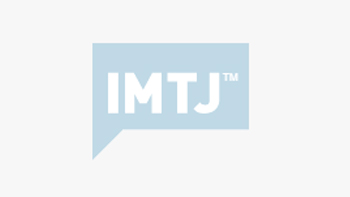A better mix of public and private funding in the healthcare system could reduce coverage gaps, as well as create incentives for politicians and bureaucrats to manage the public system more efficiently, according to a new report from the C.D. Howe Institute.
The report ‘Rethinking Canada’s Unbalanced Mix of Public and Private Healthcare: Insights from Abroad’ makes the case for policies that allow private health insurance and services outside the provincial plans to play a larger role than they currently do, along lines similar to those healthcare systems found in Europe and elsewhere.
Because of restrictions that provinces impose on the private financing of hospital and doctor care, Canada has a uniquely unbalanced public-private mix in paying for healthcare.
The single-payer system may have led to more equal access to core healthcare services between rich and poor than would have prevailed otherwise, but it is quite costly compared to most other countries and has big gaps in coverage of items such as pharmaceuticals, dentistry, and long-term care.
A study of health systems in Australia, the UK, the Netherlands and Switzerland show that it is possible to open their healthcare systems to private medicine without violating the basic commitment to equity that they share with Canada.
The report recommends that provincial governments should relax the restrictions they currently impose on private financing and production of health services outside the provincial plans, and allow a greater role for private medicine and insurance.








 ©2024 All rights reserved LaingBuisson
©2024 All rights reserved LaingBuisson 


